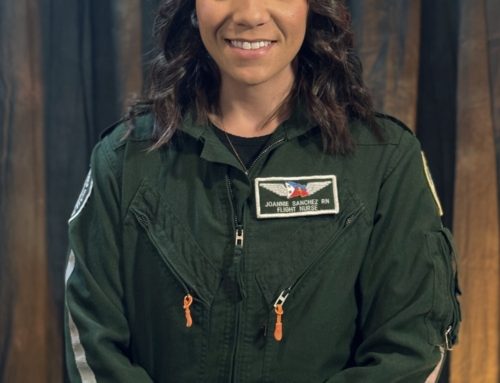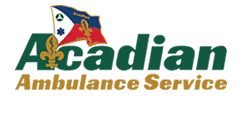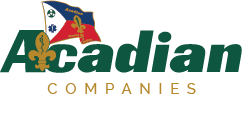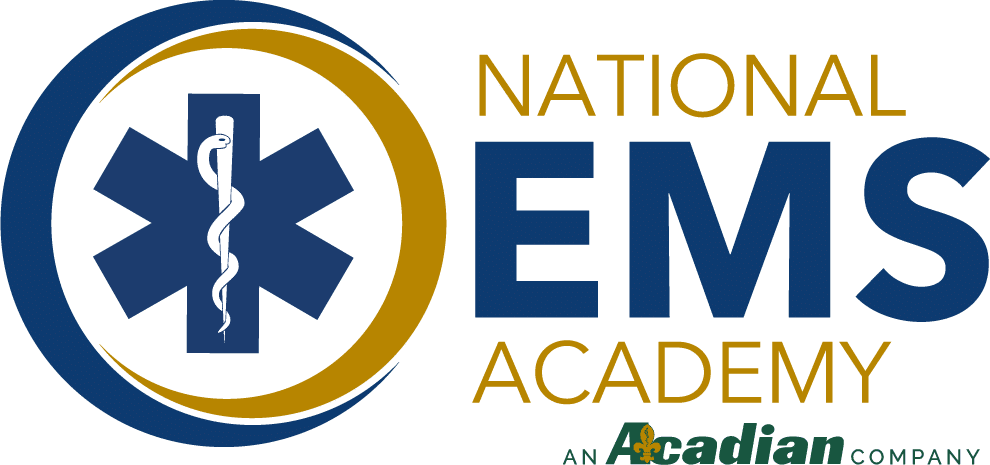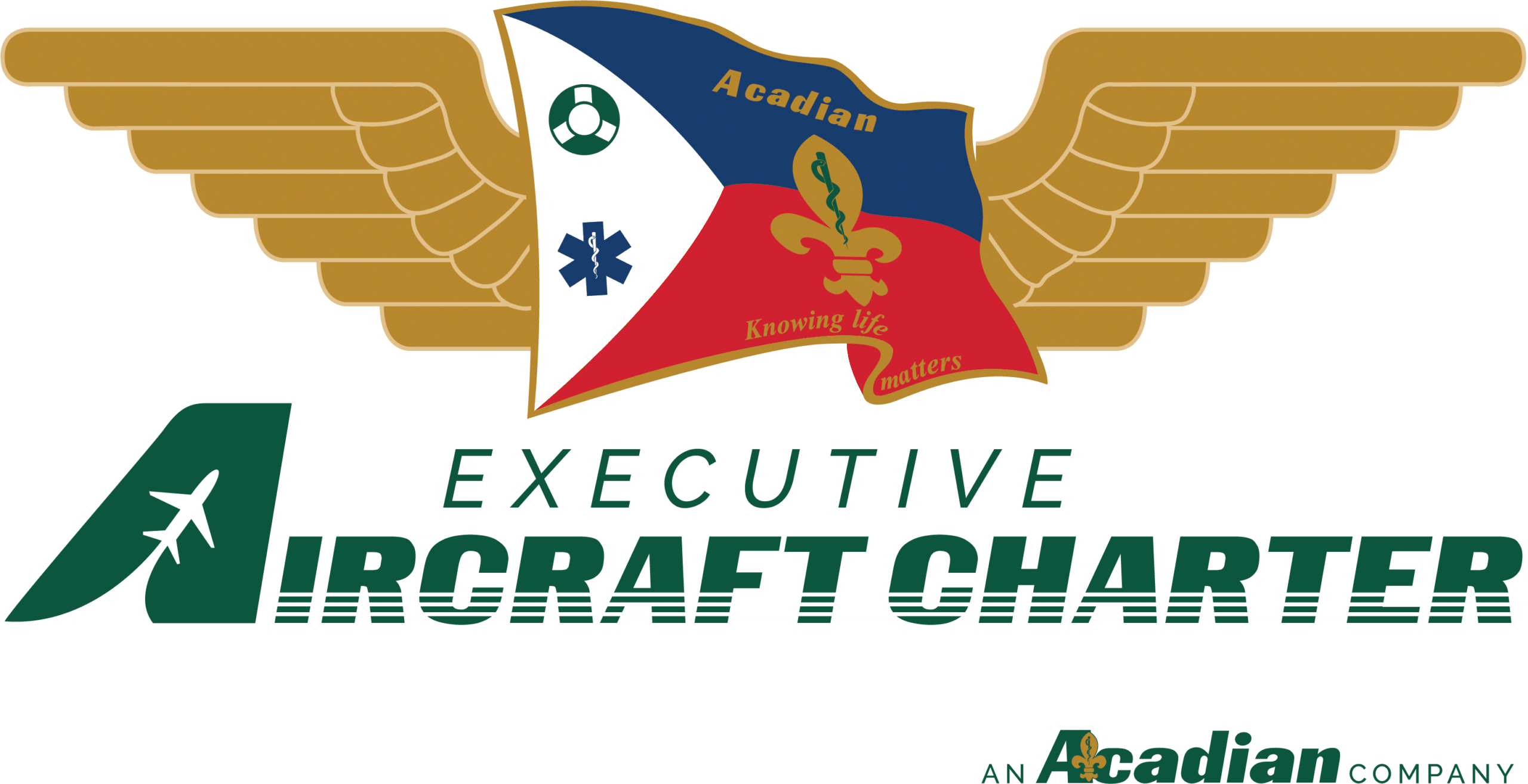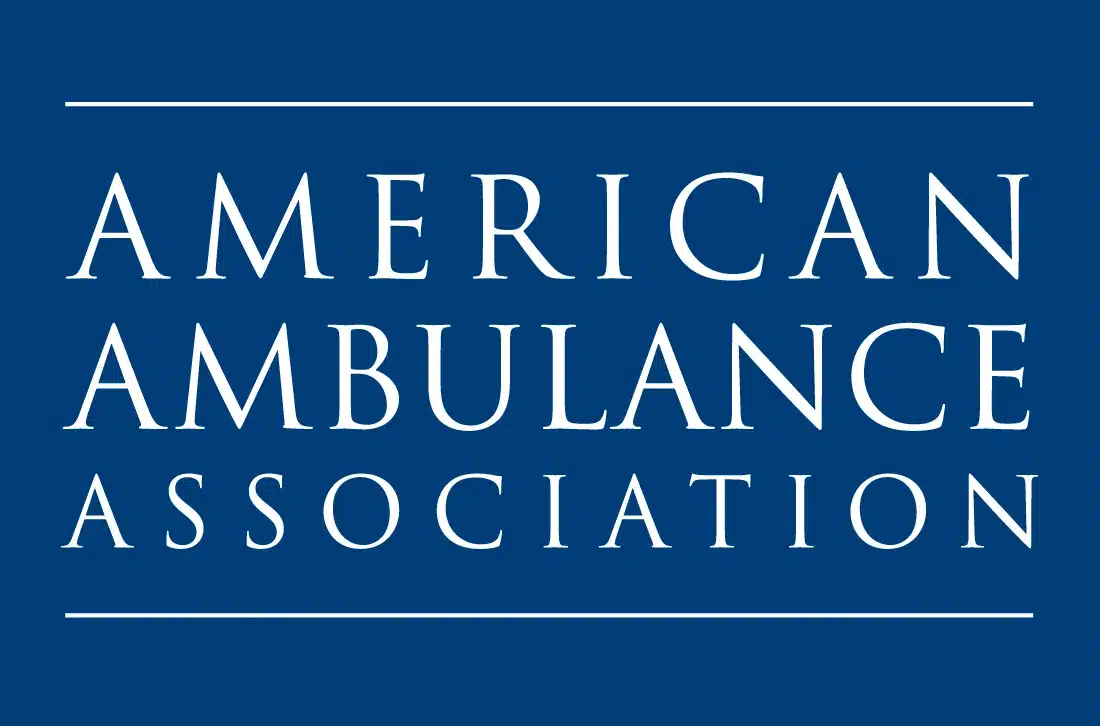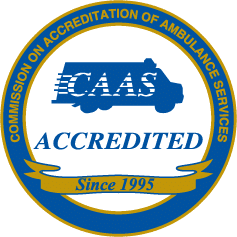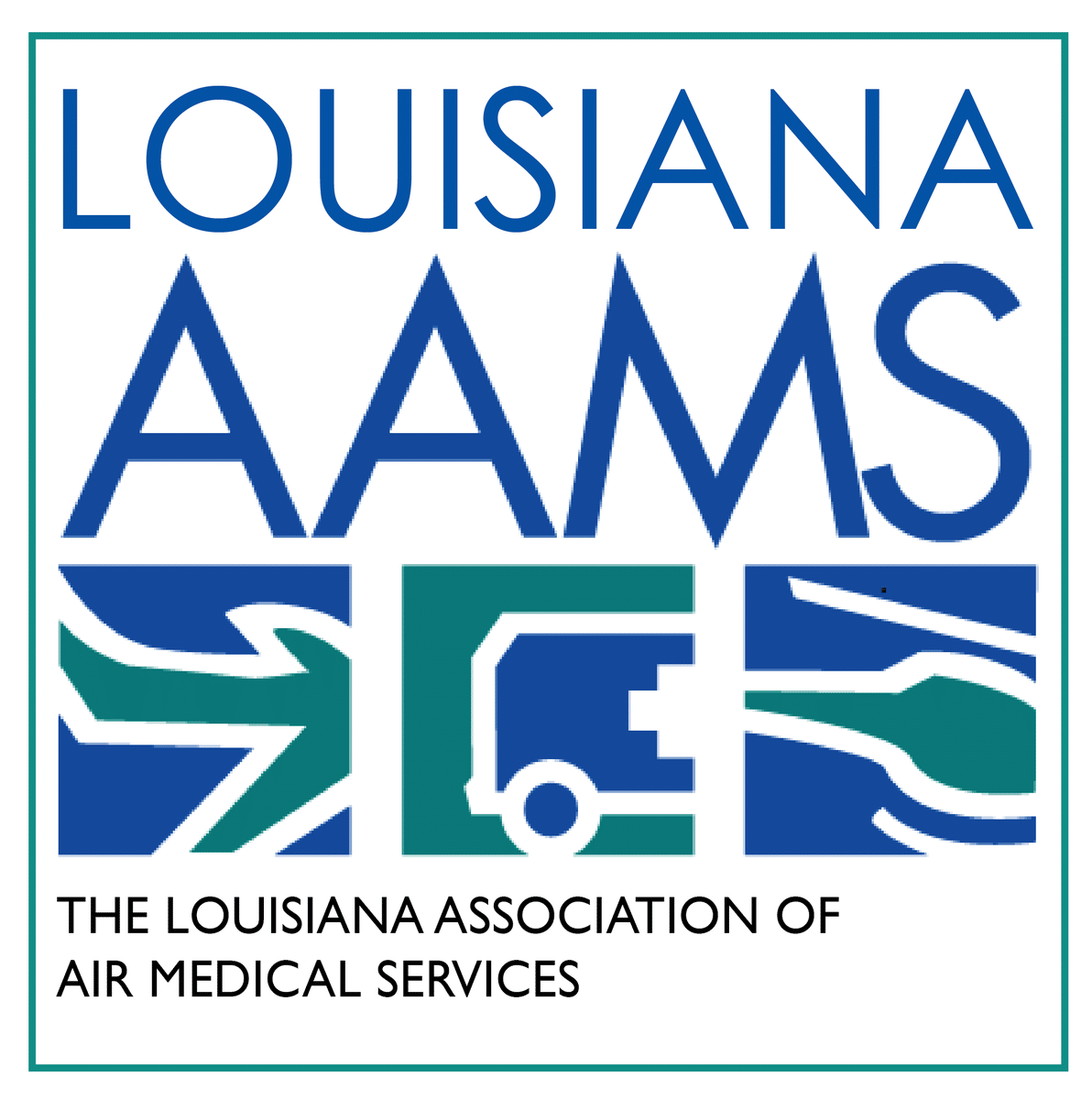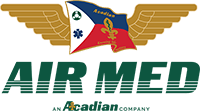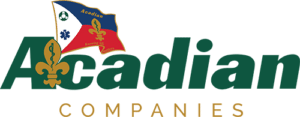
In 1971, I founded Acadian Ambulance Service with two other partners. Our vision was to provide high quality, efficient and affordable prehospital medical transportation to our small Southern Louisiana community. Through hard work, determination and a constant dedication to caring for our patients and employees, Acadian Ambulance Service and our Air Med division have grown to serve a population of more than 20 million people in Louisiana, Mississippi, Tennessee and Texas.
I, along with my fellow employee-owners of Acadian Ambulance and Air Med, consider it an honor to be entrusted with the care of the patients in the communities we serve. Since our founding, we made the conscious choice to always place patient care and safety over purely financial motives.
There have been many times when we could have increased our short-term profits by delaying the acquisition of new and advanced equipment, using less reliable vehicles and helicopters, or cutting costs that might not have been immediately noticed by our patients. I’m proud that Acadian has never taken that path. I’ve always contended that if we take exceptional care of our patients and our employees, our business would be successful. As we approach our 50th anniversary, I know I was right. That is what makes these recent stories of the perception by the public of price gouging and poor service by several of the national air medical providers especially alarming.
Acadian operates a dual transport service with more than 600 ground ambulances and 11 air ambulance helicopters. We transport more than 650,000 patients per year by ground and/or air. We are also one of the only services in the United States that is accredited by the Commission on Accreditation of Ambulance Services (CAAS) and our Rotor Wing Operations accredited by the Commission on Accreditation of Medical Transport Systems (CAMTS). I believe, therefore, that I am in a position to provide an informed opinion on the current state of emergency air ambulance transportation.
There seems to be a proliferation of private-equity and publicly traded corporations entering into or expanding the air ambulance industry, which appears to have introduced a different, more profit-driven operational model to the industry and as a result, has tarnished the overall reputation of air ambulance transportation.
Because patients in need of emergency medical transportation are seldom in the position to choose providers or inquire about the financial liability they may incur, it is incumbent on our industry to continually work with local, state and federal authorities to ensure both the availability and affordability of emergency medical air transportation.
However, it should be noted with emphasis that operating an emergency medical air transportation service is an extremely costly endeavor. We must be staffed and equipped to respond to emergencies at a moment’s notice 24/7/365 and without regard to the patient’s insurance coverage or ability to pay. As more and more of the population moves to Medicare and Medicaid programs, Acadian has been a leader in working with governmental officials to help determine reasonable reimbursement rates for emergency air transport. But the unfortunate truth is that government payors, such as Medicare and Medicaid, pay well below cost for the services provided, including commercial payors. Also to be noted is that many consumers actively choose a plan with little coverage for this type of service or choose to take the risk of a high out-of-pocket expense in exchange for a lower premium.
Acadian, unlike many of the companies you read about, has been partnering with insurance companies for many years in an effort to provide coverage at rates that are reasonable for the insurance company’s policyholders and allow us to cover the high costs of providing our lifesaving services. However, this is not always a solution in that many insurance companies refuse to negotiate and/or pay fair and acceptable rates, knowingly leaving the bulk of the expense to their policyholders. This, combined with charging profit-driven rates for services, amplifies the negative effects on the patient and the industry alike.
While we have been successful in negotiating reimbursement rates with the largest insurers in our service areas and continue to build more partnerships with insurance companies that benefit and protect their customers (and our patients), other companies have either not been able to do so or have chosen not to do so.
As a leader in the emergency transportation industry, I am thankful that Congress is looking at ways to protect patients from exorbitant medical transportation bills. The stories I read about “surprise” bills are heartbreaking, not only because of the financial burdens they place upon patients, but also because such unscrupulous actions harm the reputation of the industry I care so deeply about. Simply put, our mission is to help people, and I am strongly opposed to any company that takes advantage of the patients we are entrusted to serve.
Therefore, Acadian Ambulance and Acadian Air Med proudly support the efforts of Senator Bill Cassidy and many others on the attempt to hold providers and payors accountable to ensure that the patients we serve are not receiving surprise bills. S.1531 (Surprise Medical Billing Act) by Senator Bill Cassidy (LA) and S.1895 (Lower Health Care Cost Act) by Senator Lamar Alexander (TN), as introduced, are solutions on how to make this happen. While not a perfect solution, it is a step in the right direction. I strongly support the establishment of an Independent Dispute Resolution process that will hold the patients harmless from inappropriate and surprise billing while allowing the providers and payors the ability to dispute charges and payments for services provided in an out-of-network setting.
Congress must ensure that patients are protected from surprise billing while also ensuring that the air ambulance industry is compensated in a fair and reasonable manner. The services we provide are literally “life and death” and we must find a balance that will protect our patients while allowing us to provide services when needed.
To that end, I support calls for data collection and cost reporting from air ambulance providers. Using the cost data, the Medicaid and Medicare reimbursement rates can be adjusted to accurately set reimbursement rates so those programs pay a fair share for the provision of those services.
I also believe that it is imperative that any legislation or regulation recognize that there are several types of air ambulance transports, each with unique cost models. Currently, all air ambulance transportation is considered equal for payment purposes, unlike ground ambulance transportation, where there are different levels of transports. For example, a pre-scheduled transfer of a patient from one hospital to another may cost less than an emergency response to an accident scene or an emergent specialty care transport. The legislation recognizes the cost variances in emergency and non-emergency air transports and seeks actual cost data to better determine the appropriate reimbursement rates. This method will protect the taxpayer, patient and patient-centric air transport providers.
The stories I’ve read about the billing practices of several large national companies are disturbing. By working together to do what’s best for our industry, employees and patients alike, we can provide lifesaving air transportation that does not give credence to the “price-gouging” stories in today’s headlines.
Sincerely,
Richard E. Zuschlag
Chairman & CEO
Acadian Companies
Reference articles:
Mississippi incident (Clarion Ledger)
https://www.clarionledger.com/story/news/politics/2018/06/11/air-ambulance-gouges-stroke-patient-then-asks-non-disclosure/640966002/





